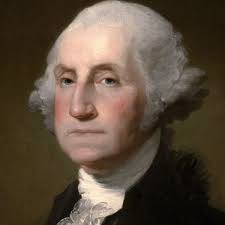In 1775, during the British occupation, smallpox prevailed both within and without the town and Washington's army was so seriously affected that wholesale inoculation was resorted to; 4,988 men were treated, 18 died.
from The Story of Smallpox in Massachusetts
Annual Oration 1932
By Samuel Bayard Woodward, M.D.
Massachusetts Medical Society website
The prevalence of smallpox during the early years of the American War for Independence posed a very real danger to the success of the Revolution. This essay documents the impact of the deadly disease on the course of military activities during the war and analyzes small- pox as a critical factor in the military decision-making process. Histo- rians have rarely delved into the significant implications smallpox held for eighteenth-century military strategy and battlefield effectiveness, yet the disease nearly crippled American efforts in the campaigns of 1775 and 1776. Smallpox was a major factor during the American invasion of Canada and the siege of Boston. Rumors over the British use of biological warfare, controversy over inoculation, and attempts to control the spread of smallpox all impeded the progress of the war. Recruitment was adversely affected, desertions increased, and com- manding officers were forced to proceed with inadequate forces because of smallpox. This frightening disease affected the actions of the Revolutionary army and its generals, reduced the American abil- ity to attract and hold recruits, and influenced the controversial devel- opment of preventive medical policies.
Smallpox in Washington’s Army: Strategic Implications of the Disease during the American
Revolutionary War
Author(s): Ann M. Becker
Reviewed work(s):
Source: The Journal of Military History, Vol. 68, No. 2 (Apr., 2004), pp. 381-430
Published by: Society for Military History

